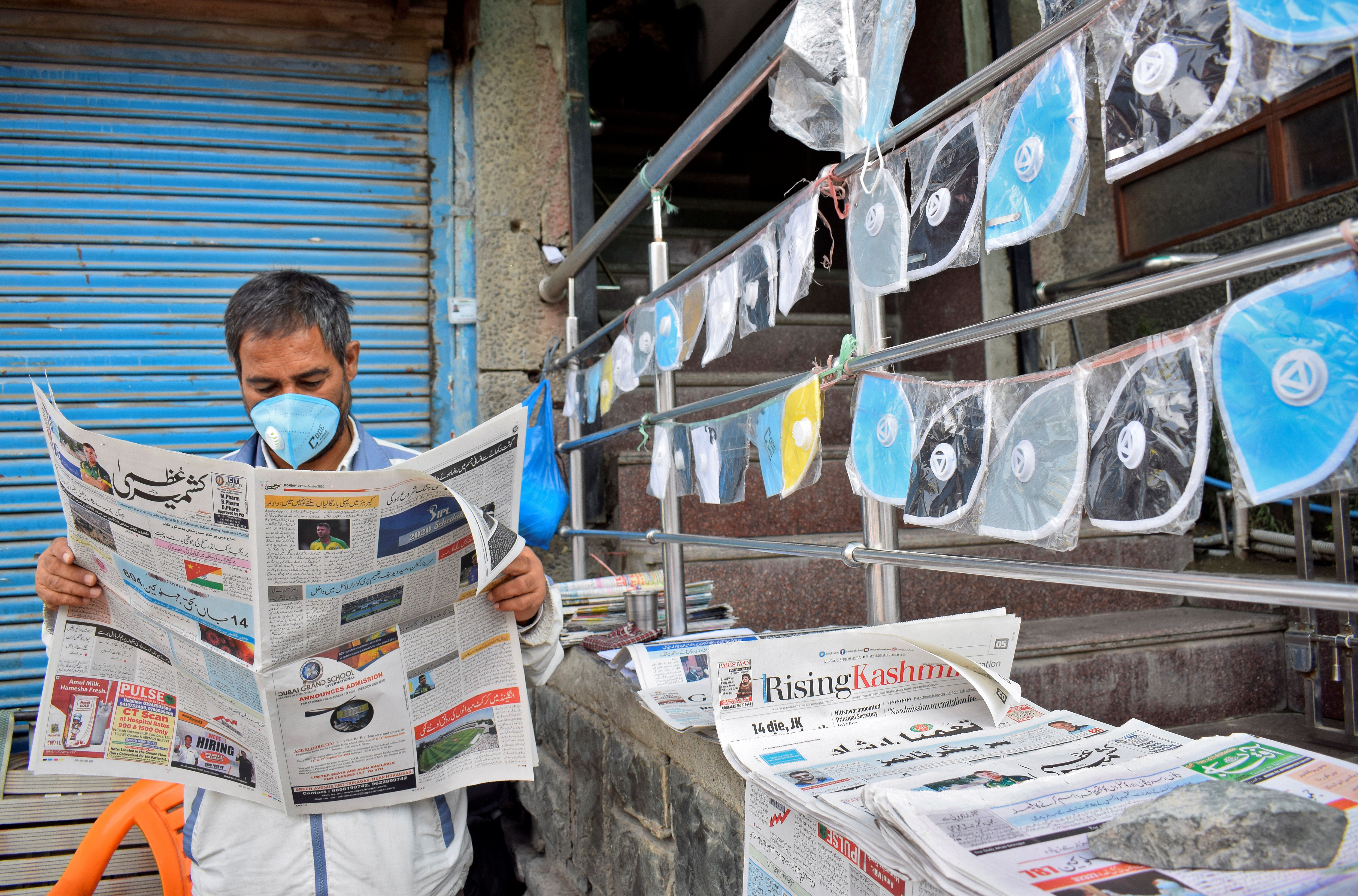
La encrucijada económica de Alemania podría llevarla a prosperar en la 'era de la reindustrialización'
Alemania enfrenta desafíos económicos, pero es resiliente gracias a la innovación, las exportaciones y la reforma fiscal.
Dr Alexis Crow is Partner and Chief Economist of PwC US. A global economist who focuses on geopolitics and long-term investing, she works with the world’s leading companies and private investors to understand and navigate key macroeconomic dynamics impacting their business, strategy, and capital allocation decisions. In her remit, she covers Europe, Asia, the Middle East, Latin America and North America. Dr Crow is a public speaker and frequent contributor to leading global financial publications and media outlets, including the Financial Times, the New York Times, Bloomberg, BBC, BBC Arabic, France 24, CNN, and the Washington Post. Her research is focused on topics including financial stability, the future of trade and globalisation, global energy markets, and investing in real assets, technology, and the future of the consumer.
Prior to joining PwC, she taught at the London School of Economics; led a major policy research project at London UK-based think-tank Chatham House; and served as Managing Director at New York-based G2 Investment Group, where she was responsible for developing investment strategies for the firm and for providing counsel on geopolitical issues.
In addition to her role in PwC, Dr Crow is a Senior Fellow at Columbia Business School, and also with the Observer Research Foundation in India. Her research focuses on topics at the intersection of business and economics, including inequality, the energy transition and ESG, the future of work, and economic empowerment of women. She serves as a member of the World Economic Forum’s Global Futures Council on Geopolitics, and she is a Young Global Leader in the World Economic Forum. She is an active mentor of young people who are seeking to fulfill their own unique vocation in the business world, and also serves on the advisory board for Faith in Action in the World Economic Forum.
She holds an MA Hons First Class from the University of St Andrews, Scotland, and an MSc and a PhD from the London School of Economics, and is fluent in English, French, and Spanish, with a working knowledge of Italian and Portuguese.

Alemania enfrenta desafíos económicos, pero es resiliente gracias a la innovación, las exportaciones y la reforma fiscal.

Germany faces economic challenges — but it is resilient via innovation, exports and fiscal reform. Rumours of the country's demise may be exaggerated.
The USD remains the world's dominant currency despite geo-economic fragmentation. So what might thwart the position of 'king dollar' over the longer term?
Despite different challenges, global trade remains robust. Countries should see that there is more benefit in working together than in economic decoupling
Los inversores y ejecutivos necesitan un marco para abordar de forma constructiva las expectativas y los vectores ESG, al tiempo que construyen de forma coherente su propio valor empresar...
许多投资者和高管都在努力应对不断增长的环境、社会及治理(ESG)要求;随着有关环境、社会和公司治理以及可持续发展的讨论的展开,许多私营部门开始参与其中,并承担起更大的责任;投资者和高管需要塑造框架,在他们力所能及的范围内,建设性地解决社会脆弱性问题,同时不断创造自己的企业价值。
Investors and executives need a framework for constructively tackling ESG expectations and drivers, while consistently building their own enterprise value.
El entorno geopolítico sufre tensiones, pero eso no significa que la cooperación esté muerta. Los países deben ser creativos a la hora de colaborar.
The geopolitical environment is heating up — but that doesn't mean that cooperation is dead. States must, however, be creative in how they work together.
Para acelerar la participación económica de las mujeres tras la disrupción del COVID-19, los formuladores de políticas y los líderes empresariales deben mitigar los efectos de la brecha d...
To accelerate female economic participation after the disruption of COVID-19, pollicy makers and business leaders need to mitigate the effects of the wealth gap.
Human capital is the next big investment space and will underpin sustainable economic growth in the years to come.
The pandemic has opened up an opportunity for international investors and companies to invest in infrastructure in emerging markets.










